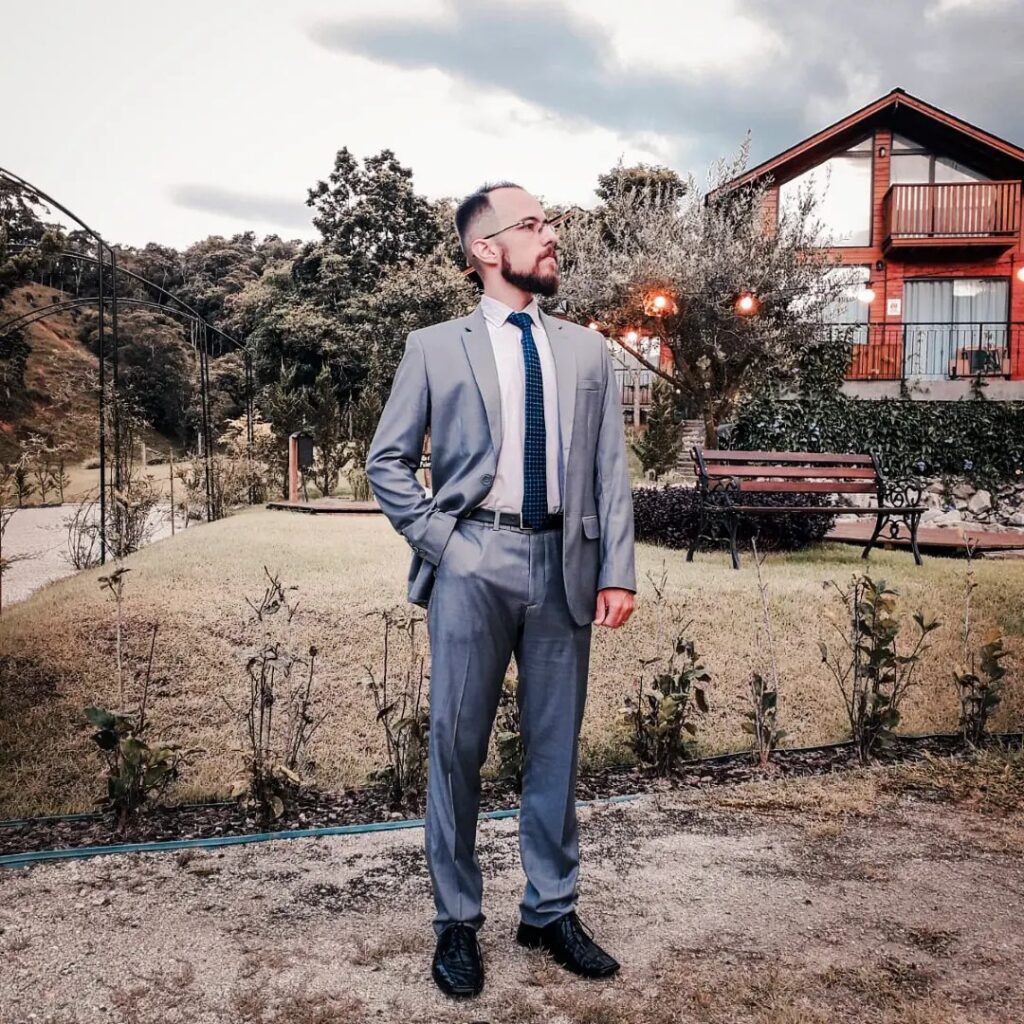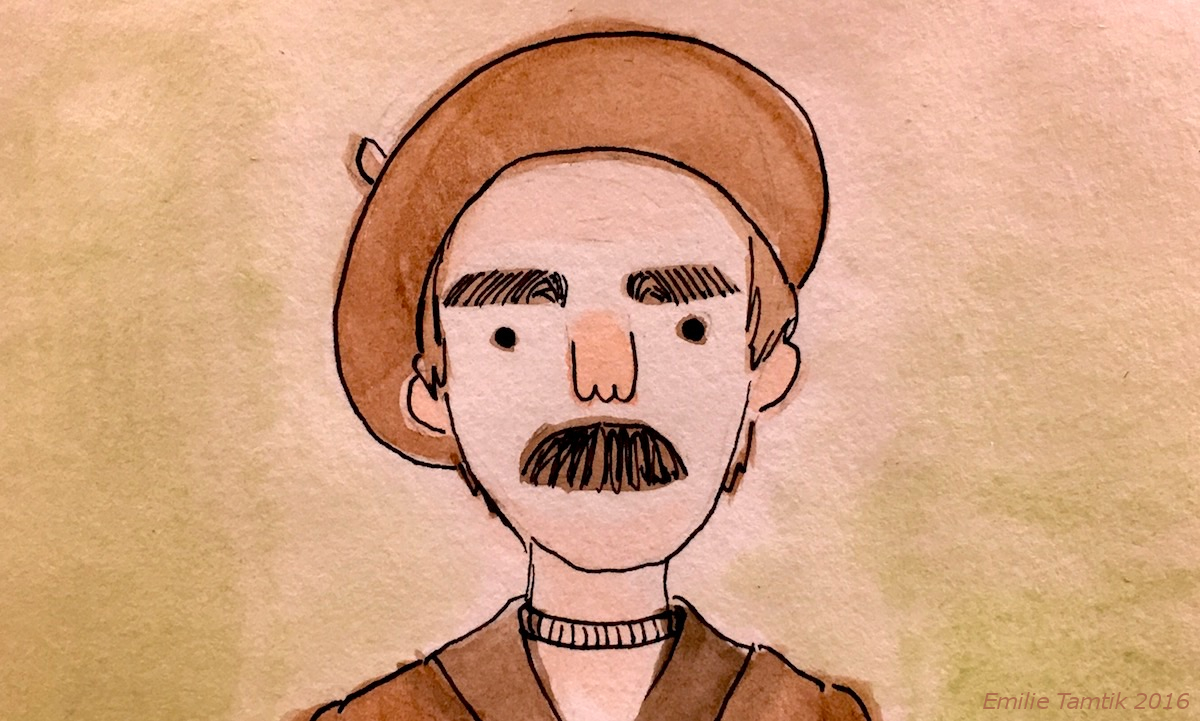
(Start from the beginning of this series here.)
“In keeping with this demand is the strenuous, almost over-zealous and frenzied effort to tear men away from their preoccupation with the sensuous, from their ordinary, private affairs, and to direct their gaze to the stars; as if they had forgotten all about the divine, and were ready like worms to content themselves with dirt and water. Formerly they had a heaven adorned with a vast wealth of thoughts and imagery. The meaning of all that is, hung on the thread of light by which it was linked to that heaven. Instead of dwelling in this world’s presence, men looked beyond it, following this thread to an other-worldly presence, so to speak.”
(The Phenomenology of Spirit, Introduction.)
A true journey of the soul in search of itself is also the bildungsroman of Nietzsche’s Zarathustra who, inspired by the Sun, descends from his mountain to instruct the people, learns the futility of speaking to the many and the necessity of the few, abstracts himself again, and expands himself again. And in this, he develops his sermons, ever seeking to become a more effective prophet of the man to come.
“I myself belong to the causes of the eternal return. I will return, with this sun, with this earth, with this eagle, with this snake – not for a new life or for a better or similar life: – I will return to this same and selfsame life, in what is greatest as well as in what is smallest, to once again teach the eternal recurrence of all things – to once again speak the word about the great of noon and human beings, to once again proclaim the overman to mankind.”
(Thus Spoke Zarathustra, “The Convalescent”)
The saddest farewell is not that of a friend, a brother, or even a loved one, but the farewell of one’s own soul, which is divided and becomes forever split. This is the farewell of the flying seed in the meadows, of drops on the curve of a riverside, of the dew of grey mornings, of the shining spark that is released from the flame to be lost in the black sky.
Such was the silent and unceremonious farewell, violent and terrifying, of hundreds of Estonian survivors between the first two decades of the last century who, sick and hungry, hid themselves in boats of the most varied types. A cyclopean Revolution had awakened—and it awoke hungry. Bravely the families crossed the Atlantic, in a kind of fleeing from Troy in flames, Paradise lost or Carthage sacked, without any hope of return, without any sign of salvation.
“From the Eden of yesterday there was nothing left”, wrote Luís Delfino, a poet from the south of Brazil, home to many European descendants. He continues, “everything is gorse, everything is melancholy.” Thus, less than five hundred Estonians arrived at the great port of green waters of Santos, in the state of São Paulo, Brazil, amid imperfect reports and sparse records of collective memory, in an erased, fragmented, and almost forever lost photograph.
(to be continued)
About the author:
Born in São Paulo, Brazil in 1993,of Balto-Slavic origin, Jonas Otávio Bilda is a graduated Psychologist and Philosopher. He works as a free-thinking writer, translator, and proofreader.
He is the author of the books O Alvorecer das Artes do Ser (The Dawn of the Arts of Being, 2016), Cartas de um solícito acompanhante (Letters From a Solicitous Companion, 2018), A Civilização Eterna (The Eternal Civilization, 2020), O Livro de Veles (The Book of Veles, 2020), Kalevipoeg, o épico da Estônia (Kalevipoeg, the Estonian Epic, 2021), A Instrução de Amenemope (Instruction of Amenemope, 2021), Coreia, história e cultura da estrela do Oriente (Korea, History and Culture of the Star of the East, 2023). Bilda is also co-author and a pseudonymous author of more than ten other books, and a founding professor of the Curso de Filosofia Universal (Universal Philosophy Course).
Discover his work on his website BildaEscritor.com and on Instagram ( @jonasbilda ).



